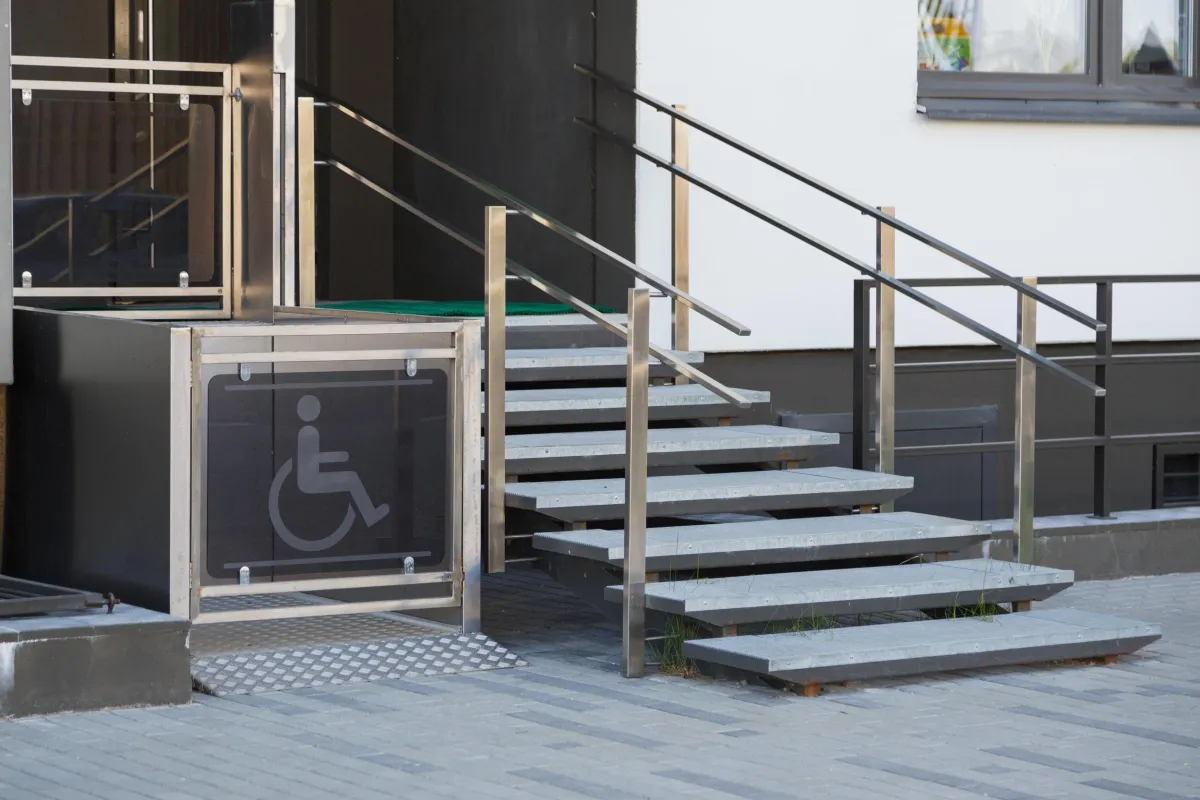
Social Security Disability / Supplemental Security Income (SSI)
West Virginia Social Security Disability Lawyer
If you have a disability that prevents you from earning substantially gainful employment, you may be eligible for Social Security Disability benefits as defined by the federal Social Security Act. Unfortunately, the Social Security Administration often denies truly disabled claimants.
Definition of Disability According to the SSA
The Social Security Administration (SSA) defines a disability as “a person’s inability to perform any kind of work because of an injury or a medical condition.” The disability should be expected to last for at least one year, or result in death. The disability can be a result of a physical or mental condition, or a combination of a number of such conditions.
SUPPLEMENTAL SECURITY INCOME (SSI) OVERVIEW
What is SSI?
SSI stands for Supplemental Security Income.
Monthly benefits provided by the Social Security Administration are paid to individuals who are 65 years of age or above, disabled, blind, or meet other requirements to assist them with their limited incomes. Children who are disabled or blind may also qualify for SSI.
How is SSI different from Social Security benefits?
Many people who are eligible for SSI may also qualify for Social Security benefits. The SSI application is also the application for Social Security benefits. However, SSI and Social Security are different in many ways:
Social Security benefits may be paid to you and your family if you are “insured.” This means that you have worked for a certain amount of time and have paid Social Security taxes. Unlike Social Security benefits, SSI benefits are not based on your prior work or a family member’s prior work.
The U.S. Treasury funds SSI. Social Security taxes withheld under the Federal Insurance Contributions Act (FICA) or the Self Employment Contributions Act (SECA) do not fund the SSI program.
In most states, SSI beneficiaries also can get medical assistance (Medicaid) to pay for hospital stays, doctor bills, prescription drugs, and other health-related costs.
Most states provide a supplemental payment to certain SSI beneficiaries.
SSI beneficiaries may be eligible for food assistance in every state, except California. In some states, an application for SSI benefits also serves as an application for food assistance.
SSI benefits are paid on the first of the month.
To get SSI, you must be disabled, blind, or at least 65 years of age and have a limited income and resources. Additionally, to get SSI, you must:
be a resident of the United States, and
not be absent from the country for a full calendar month or more or for 30 consecutive days or more; and
be either a U.S. citizen or national, or in one of the certain categories of qualified non–citizens.
How is SSI like social security benefits?
Both programs pay monthly benefits.
The medical standards for disability are the same in both programs for individuals age 18 or older. For children from birth to age 18, there is a separate definition of disability under SSI.
SSA administers both programs
Unfortunately, disabled people are often confronted by a complicated and uncaring government bureaucracy, which provides little assistance or information to understand the claims process.
If you have become disabled and have not filed a claim, call the Social Security Administration at 1-800-772-1213 to receive information from your local district office about making a claim.
If you are unable to travel, a claim can be submitted over the phone. For persons with Internet access, you may wish to log on to www.ssa.gov to obtain initial information. As you will discover, these government resources are quite limited.
To get better assistance, consult with your disability lawyer from the beginning. We are always here to help you get a better understanding of the claims process. We can also assist you in gathering the necessary documentation needed to prove a claim for disability benefits.
The claims process proceeds in several steps. The process begins when a disabled person makes an initial claim for Social Security Disability benefits. These claims are typically denied unless the person suffers from a severe or life-threatening illness.
Most claimants will need to file a reconsideration of benefits which is often denied unless very strong evidence of a serious work-disabling illness or injury is submitted for consideration.
Following reconsideration denial, the claimant will need to request a hearing before an administrative law judge. As with all other steps in this process, administrative delays of several to many months can occur due to inefficiency of the Social Security Administration or failure by the claimant to comply with many application requirements. Under no circumstances should a claimant attend a hearing before an administrative law judge without the assistance of his/her disability lawyer. Without representation, a claimant is inviting a ready denial of benefits, which can be difficult to overturn. Should the claimant be unsuccessful at the hearing, an appeal can be submitted.
It is not uncommon for claimants who have been denied several times to be subsequently approved when they receive the legal aid of a disability lawyer.
Many times, claim files will be incomplete due to missing medical and employment information or absent/incomplete forms. Claimants are often disturbed to learn that the Social Security Administration employs physicians who review files and make findings of non-disability without ever examining or treating the claimant. In other cases, outside doctors are hired by the Social Security Administration to perform examinations.
These examinations tend to be very short in duration and involve little or no testing. Even more disturbing is the chronic failure of the Social Security Administration to secure the necessary medical documentation of a claimant to conduct any meaningful review. Due to this inefficient system of review, the claimant needs to submit documentation to the claim file.
The Social Security Administration makes decisions based on the complicated scheme of government statutes comprising the Social Security Code, which is supplemented by numerous Social Security rulings and an extensive body of case law developed over many years.
Knowledge of these volumes of codes, rulings, and cases are what separate a skilled disability lawyer in West Virginia from other practitioners who merely say that they engage in Social Security Disability representation.
An easy way to verify a disability attorney’s experience is to request information concerning his/her federal court records. Your attorney’s experience can also be verified by conducting a Lexis or Westlaw search under the attorney’s name. Federal practice requires lawyers to be familiar with the emerging case law and recent changes in Social Security statutes and rulings, all of which change with surprising frequency.
Jacobs Law Office is here to assist you from the start. Pat Jacobs is a Social Security Disability and SSI attorney in Charleston, West Virginia who is also a member of the National Organization of Social Security Claimants’ Representatives (NOSSCR). Contact us for a FREE consultation to evaluate your case and is happy to help you file your application or appeal your claim.

